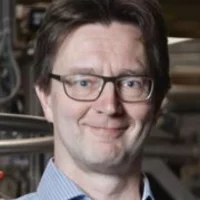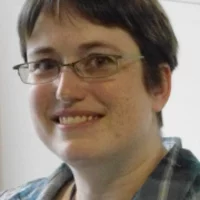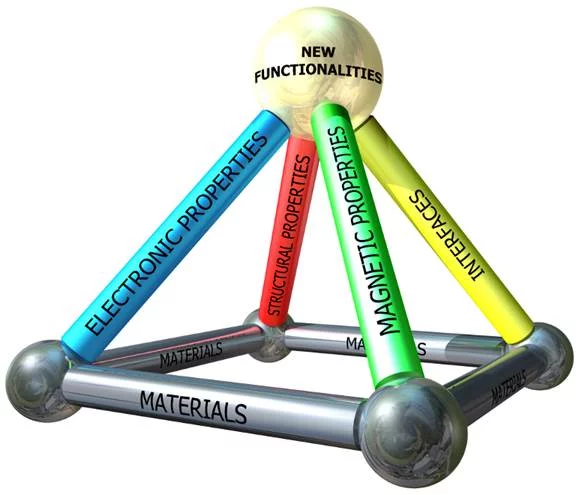Materials with new, functional properties are the scope of intense research, since they offer fascinating insights into fundamental interactions and hold promise for advanced technologies which is highly needed. In the future, artificially designed electronic systems providing complex or coupled functionalities will be indispensable. Understanding the electronic properties at different time and length scales is essential to advance in this field.
The SLS and the SwissFEL host world-leading capability in advanced materials spectroscopy ranging from photoemission spectroscopy, over spectromicroscopy to different X-ray absorption, scattering and diffraction techniques. These techniques enable to provide the society with fundamental knowledge needed for the next generation technologies.
The LSC laboratory is one of 7 laboratories within the Center for Photon Science (CPS) [former Photonscience division (PSD)]. It operates beamlines at the Swiss Light Source (SLS), one endstation at the SwissFEL and develops and provides the full instrumentation from source to detector and expertise in data analysis. The 7 groups within the LSC laboratory are responsible for the development, operation and user support and do research mostly in condensed matter physics and development of instrumentation and X-ray sources.
LSC Organization
The LSC is composed out of 7 research groups. While 4 groups are operating one or more beamlines, one group has the focus on using different beamlines and two groups on providing support services for the whole SLS and SwissFEL. Furthermore, the project leader SLS 2.0 for Photon Science is part of the LSC.
| Group | Beamline | Topic |
|---|---|---|
| Materials Science | MS - Powder diffraction MS - Surface diffraction | powder diffraction, nano-crystals, polymorphism. Surface diffraction, interfaces, film growth, ... |
| Microscopy & Magnetism | SIM - PEEM SIM - ReSoXS X-Treme | magnetic nano-structures, XMCD, ... Multiferroics, resonant scattering, .... XMCD, high magnetic fields, low temperatiures, molecular magnets, ... |
| Microspectroscopy | PolLux NanoXAS | magnetization dynamics, self organized polymers combination of scanning probe and x-ray spectroscopy |
| Bernina | SwissFEL Bernina | beyond-equilirium ultrafast phenomena in condensed matter |
| Structure and Mechanics of Advanced Materials | user of various beamlines | structural and mechanical properties of diverse soft and hard matter systems, including samples of biological original, as well as metals and alloys various X-ray and neutron scattering, diffraction and imaging methods. |
| Photonics Instrumentation | support for various beamlines | beamline development and instrumentation motion control, risk analysis vibrations analysis and finite element analysis |
| Insertion Devices | support for various beamlines | undulator development for synchrotrons and x-ray free electron lasers |


